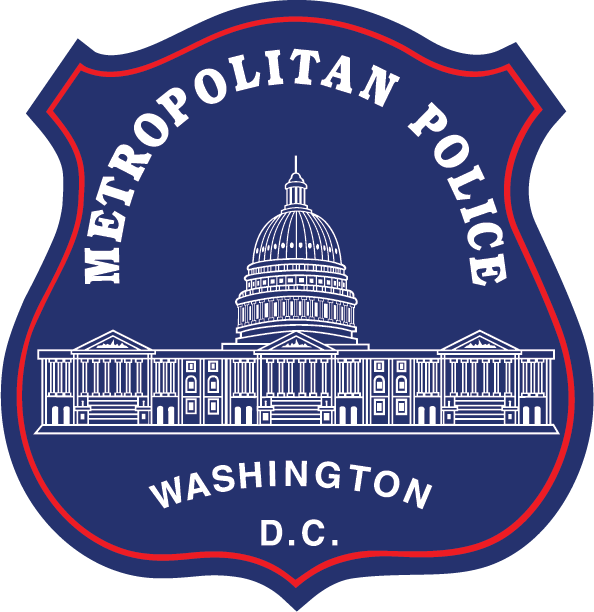What Is a Hate Crime?
It is important for the community to know what is — and is not — a hate crime. First and foremost, the incident must be a crime. Although that may seem obvious, we must be clear that most speech is not a hate crime, regardless of how offensive it may be. Moreover, a hate crime is not really a specific crime; rather it is a designation that makes available to the court an enhanced penalty if a crime demonstrates the offender’s prejudice or bias based on the actual or perceived traits of the victim. In short, a hate crime is not a crime, but rather a possible motive for a crime. Needless to say, it can be difficult to establish a motive for a crime, and even more difficult for prosecutors to prove it in court beyond a reasonable doubt. Therefore the classification as a bias-related crime is subject to change as an investigation proceeds – even as prosecutors continue an investigation.
Under the Bias-Related Crime Act of 1989 (D.C. Official Code § 22-3700 et. seq.), to qualify as a hate or bias-related crime in the District of Columbia, an incident must meet the standards for a “bias-related crime:”
“Bias-related crime”…demonstrates an accused’s prejudice based on the actual or perceived race, color, religion, national origin, sex, age, marital status, personal appearance, sexual orientation, gender identity or expression, family responsibility, homelessness, physical disability, matriculation, or political affiliation of a victim of the subject designated act.
In order to successfully prosecute a hate crime, the prosecutor must establish beyond a reasonable doubt both that the defendant committed the crime, and that he or she was motivated by prejudice because of an actual or perceived difference. It is not sufficient to merely prove that the defendant belonged to a different group than the victim; the criminal act had to have been wholly or partially motivated by the prejudice. If a person is found guilty of a hate crime, the court may fine the offender up to 1½ times the maximum fine and imprison him or her for up to 1½ times the maximum term authorized for the underlying crime. D.C. Official Code § 22-3703.
Where Can I get Hate Crimes data?
Statistics on Hate Crimes is available on the Bias-Related Crimes. Summary data is posted monthly and more detailed data is posted on the Hate Crimes Open Data page quarterly basis.
Why Hate Crimes Should Be Reported
A person who commits a hate crime cannot be brought to justice and held accountable for his or her acts if the crime is not reported. In addition, collecting accurate data on the number of hate crimes is one of the only ways in which police, prosecutors, elected officials, and community organizations can determine the extent of the problem of hate crimes in the District of Columbia, and how to best address them.
How Do I Report Hate Crimes?
If you have been the victim of a hate crime, know of, or have witnessed a hate crime, you can report this in several ways
- Call 911 for a crime in progress or one that has just happened
- Call or visit your local Metropolitan Police Department district station.
- Call the Hate Crimes Voicemail at (202) 727-0500, which allows individuals in the District to provide information regarding hate crimes anonymously, if they wish. Please note that MPD may not be able to investigate the information as a crime if there is not enough information, so contact information for any follow up questions may be helpful.
- Mail or email a written statement with the complaint that contains information to support a claim that the incident constitutes a bias-related crime. Statements should be sent to:
Hate Crimes Coordinator
Office of Strategic Change and Legislative Affairs
Metropolitan Police Department
441 4th Street, NW
Washington, DC 20001
Or
